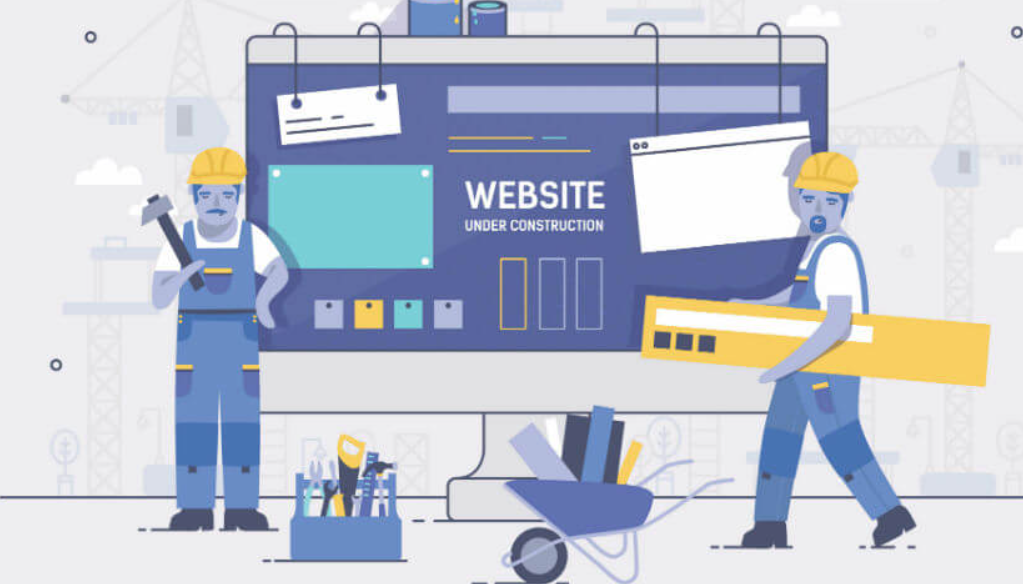
Positive points
Easy to use: No programming knowledge required, much more user-friendly than a free content management system (CMS) such as Joomla or WordPress.
All-in-one: Everything is included – hosting, the authoring software used to build your website, blog or online store, and automatic updates.
Low price: It is very rare that an online website editor is more expensive than what a hosting package with the same amount of web space would cost you. There are often free packages where only certain additional features, such as a domain name, are charged.
Anyone can use it: creating a website is almost as easy as creating a Facebook or LinkedIn profile.
Many features: A good provider is constantly developing its online editor. Updates are performed automatically.
Security updates: Your provider also installs security updates, avoiding the serious problems that have plagued some free CMS (notably WordPress). When using an online editor, all you have to do is choose a secure password.
No unavailability in case of traffic peaks: If you host your site yourself, be aware that a significant increase in traffic can make your site unavailable (this can happen if a very famous site publishes a link to yours, for example). This will not happen if you trust one of the online editors we recommend. This is because these tools can handle a lot of traffic, as their hosting infrastructure allows for load balancing on the server.
Drag and Drop Integration: Widgets, such as video and audio player integration, Google AdSense, PayPal, forms, etc. – almost anything can be added.
Support: Technical support is provided via email, chat or forums, depending on the provider.
Negative points
Limited flexibility: This is the ultimate question to ask yourself. How much flexibility are you willing to give up? For example, if you need to use a very specific design, you may find that an online editor is too limited. The only way to find out is to try.
Depend on one provider: It is important that the provider you choose is financially sound, because if they go out of business, you could lose your website. Therefore, as a general rule, it is recommended to choose a well-established provider.
Data control: Your data is stored off-site. Some providers may be based in your country, others in Europe or elsewhere in the world.
Server-side installation: This is not something programmers will like! In an online site editor, no access to PHP, Java and SQL. But anyway, if you use these programming languages, it is unlikely that you will use an online editor. On the other hand, there are far fewer add-ons than in open source systems.
Large web projects: These systems are simply not suitable for large or complex web projects.
Use of databases: It is impossible to use a database with a search function (like on a real estate website, for example). For this, a solution like WordPress would be much more appropriate.
